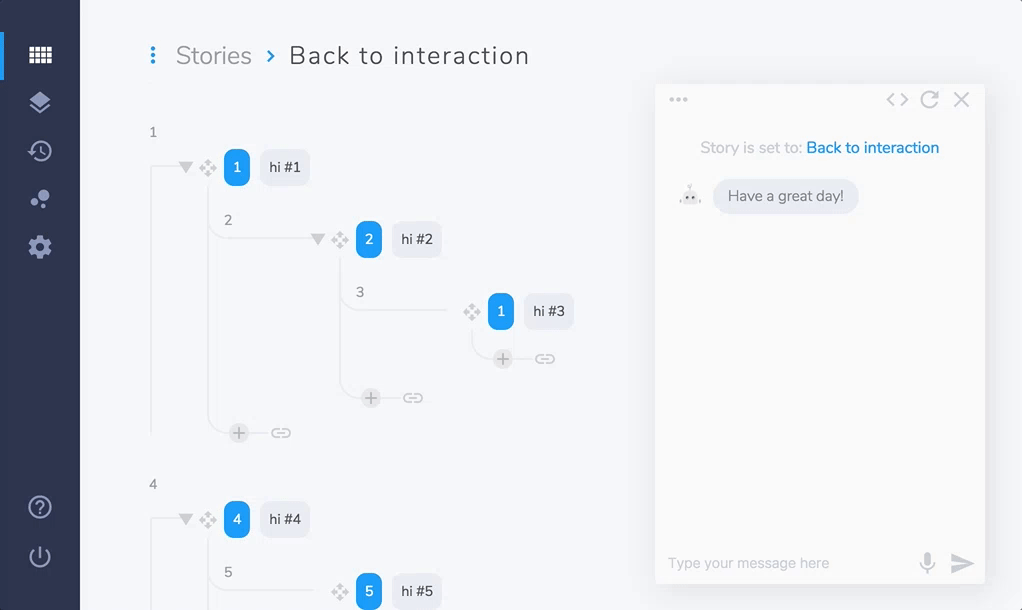Customer Relationship Management (CRM) Software
One of the most critical components of any lead generation strategy is managing your customer relationships effectively. That's where customer relationship management (CRM) software comes in. These tools help you keep track of your leads and customers, allowing you to manage your sales pipeline more effectively.
There are several CRM tools on the market, ranging from simple options like HubSpot and Insightly to more robust platforms like Salesforce and Zoho CRM. Depending on the size and complexity of your business, you may need a more sophisticated CRM tool to manage your leads effectively.
Lead Magnets
A lead magnet is a valuable piece of content that you offer to your website visitors in exchange for their contact information. This could be anything from a free e-book or whitepaper to a discount code or free trial of your product. The key is to offer something that your target audience will find valuable and relevant to their needs.
Creating a compelling lead magnet can be a time-consuming process, but the payoff can be significant. Not only do you capture valuable contact information, but you also demonstrate your expertise and build trust with your potential customers.
Email Marketing Automation
Email marketing remains one of the most effective ways to nurture the leads and convert them into paying customers. However, managing an email marketing campaign manually can be a daunting task. That's where email marketing automation tools come in.
Tools like soopr, Mailchimp, ConvertKit, and Drip allow you to create automated email campaigns that trigger based on specific actions or behaviors. For example, you could set up a welcome email series for new subscribers, a cart abandonment email for customers who leave items in their online shopping cart, or a re-engagement email for subscribers who haven't opened your emails in a while.
Social Media Advertising

Social media platforms like Facebook, Twitter, and LinkedIn offer powerful advertising tools for reaching your target audience and generating leads. These tools allow you to target your ads based on demographics, interests, and behaviors, ensuring that your message reaches the right people.
The key to success with social media advertising is to create compelling ad copy and visuals that resonate with your target audience. It's also important to test different ad formats and targeting options to find what works best for your business.
Webinars
Hosting a webinar is a great way to showcase your expertise and provide value to your target audience. Webinars allow you to dive deeper into a topic than a blog post or e-book, providing your audience with actionable insights and takeaways.
To host a successful webinar, you'll need to choose a topic that's relevant to your audience and promote it effectively. You'll also need to create a compelling presentation and engage with your attendees during the event.
SEO Optimization
Search engine optimization (SEO) is the process of optimizing your website for search engines like Google and Bing. by ranking higher in search results, you can attract more organic traffic to your website and generate more leads.
There are several SEO tools available, including soopr, SEMrush, Moz, and Ahrefs, that can help you optimize your website and track your progress. Key areas to focus on include keyword research, on-page optimization, and link building.
Landing Page Builders
Landing pages are a crucial component of lead generation campaigns as they are specifically designed to convert visitors into leads. A landing page builder makes it easy for marketers to create beautiful, high-converting landing pages without the need for any coding or design skills. There are many website builders available, each with its own unique set of features and pricing plans. Some popular options include:

- Soopr
- Leadpages
- ClickFunnels
- Instapage
- Wishpond
Marketing Automation Tools
Marketing automation tools enable businesses to automate repetitive tasks such as email marketing, lead nurturing, and social media management. These tools can help marketers save time, streamline processes, and provide a more personalized experience to prospects and customers. Some popular marketing automation tools include:
- Soopr
- Marketo
- Pardot
- ActiveCampaign
- Mailchimp
CRM Systems
A CRM (customer relationship management) system is a software tool that helps businesses manage interactions with their customers and prospects. It stores all customer data in one central location, enabling businesses to track and analyze customer interactions, identify sales opportunities, and personalize marketing efforts.
Chatbots
Chatbots are a type of software that use artificial intelligence (AI) to communicate with users in natural language through a messaging interface. They can be used to automate lead generation tasks such as answering FAQs, scheduling appointments, and providing personalized recommendations based on user input. Chatbots are available 24/7 and can handle multiple conversations at once, making them an efficient and effective tool for lead generation. By incorporating chatbots into your lead generation strategy, you can engage with potential customers in real-time, provide personalized assistance, and capture valuable lead information. There are several chatbot tools available such as soopr, MobileMonkey, Tars, and Chatfuel that can help you create and implement chatbots for your business.

Conclusion
Lead generation is a vital aspect of any successful marketing strategy, and having the right tools and techniques at your disposal can make all the difference. The above-mentioned tools and techniques can help businesses generate more leads, nurture them effectively, and ultimately boost their sales. However, it is important to remember that there is no one-size-fits-all approach to lead generation, and what works for one business may not work for another. Therefore, it is essential to experiment with different tools and techniques and analyze their effectiveness to determine what works best for your business.





